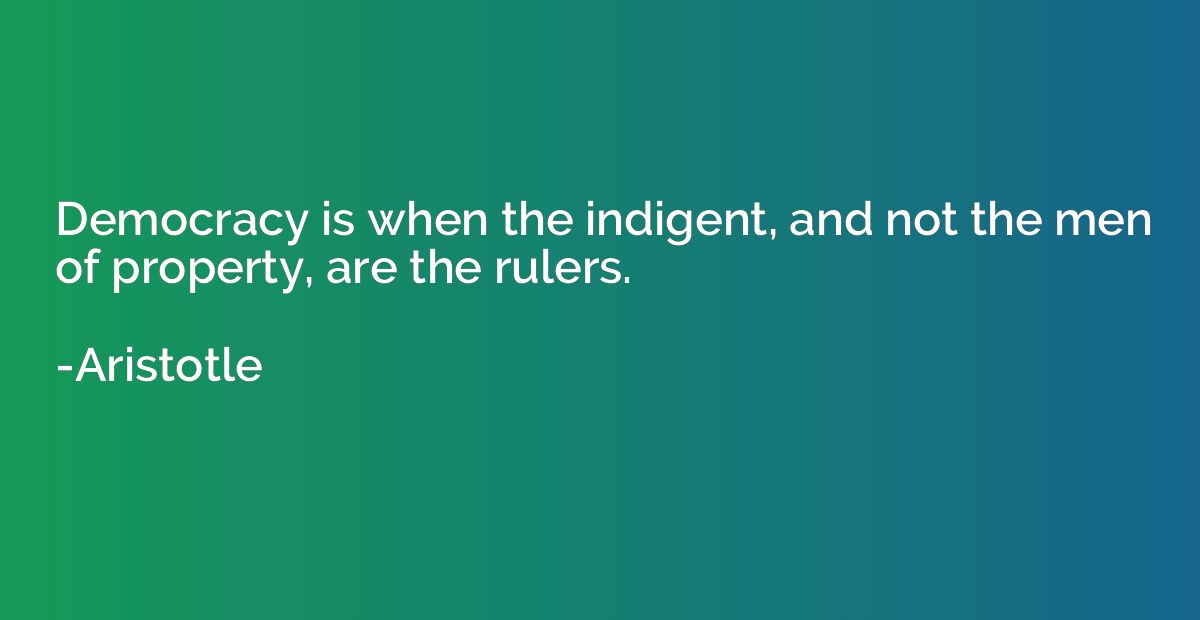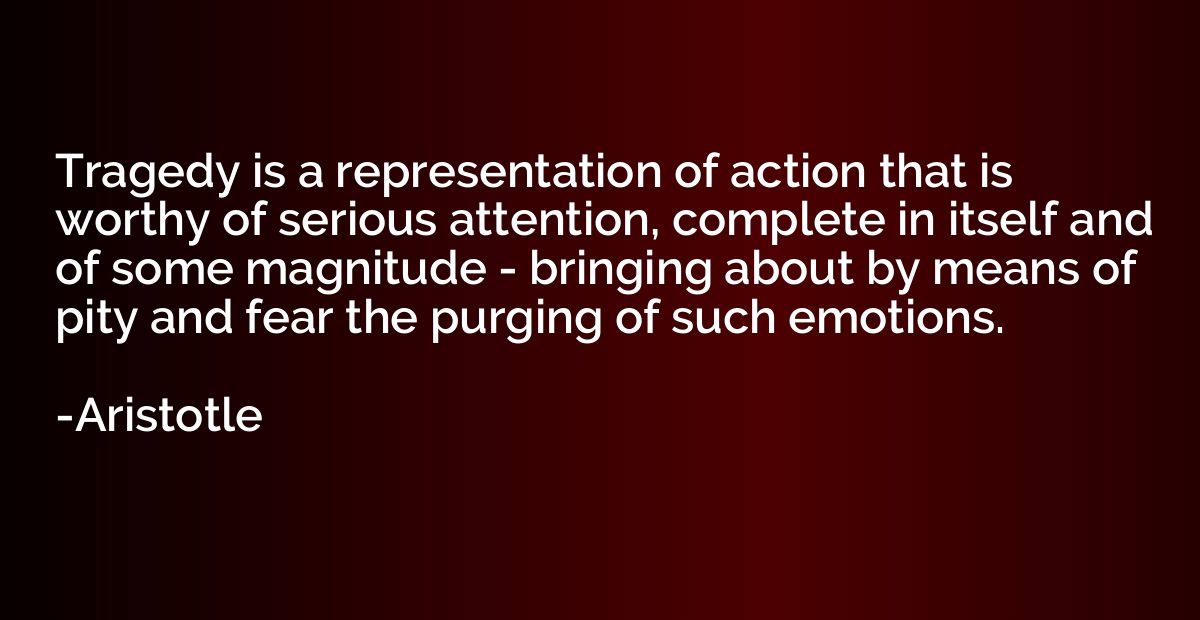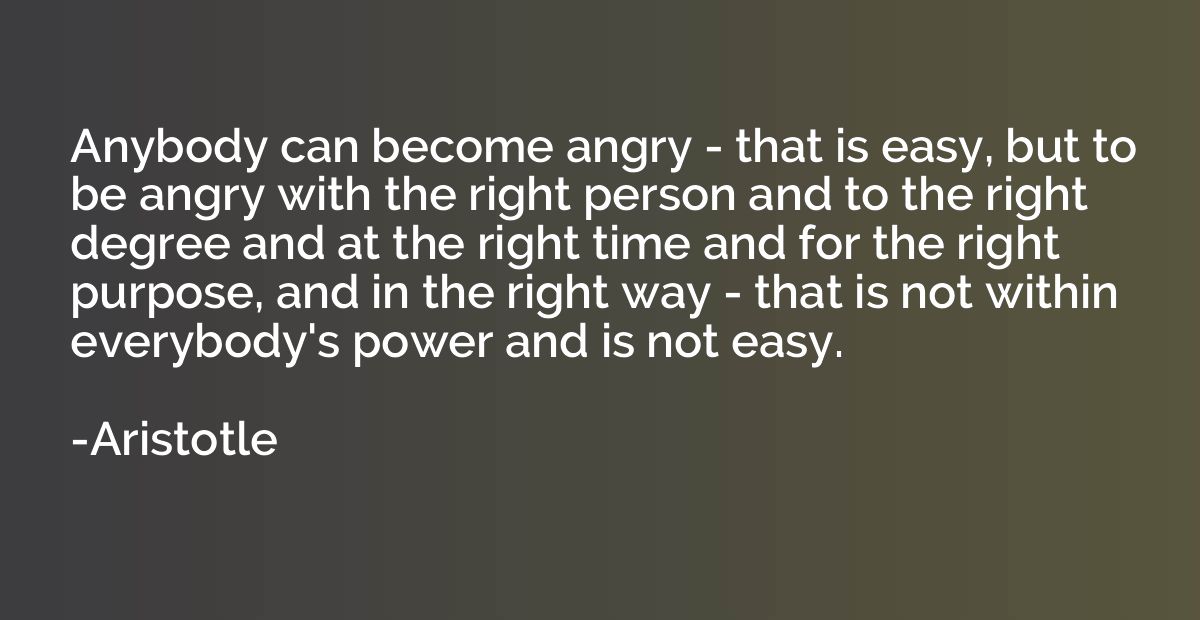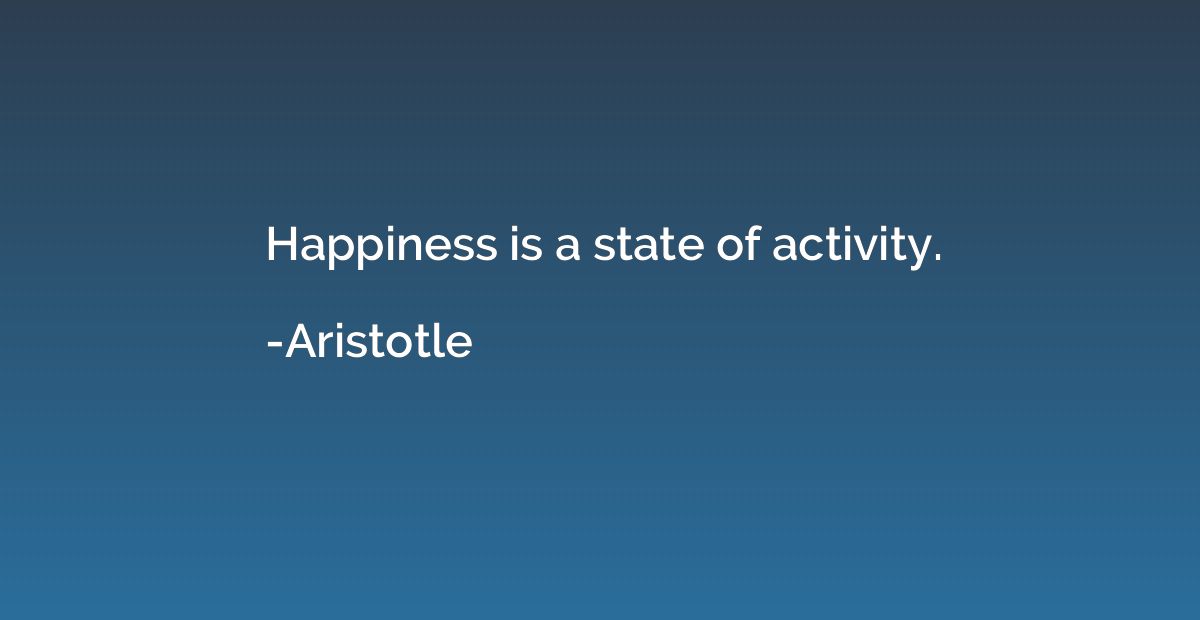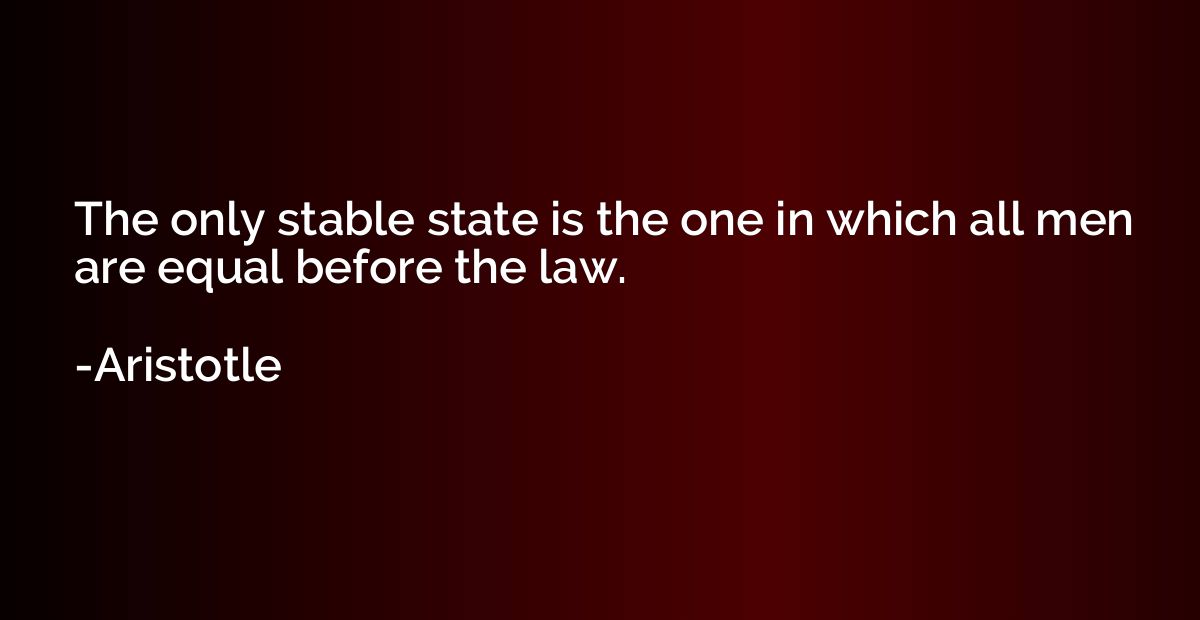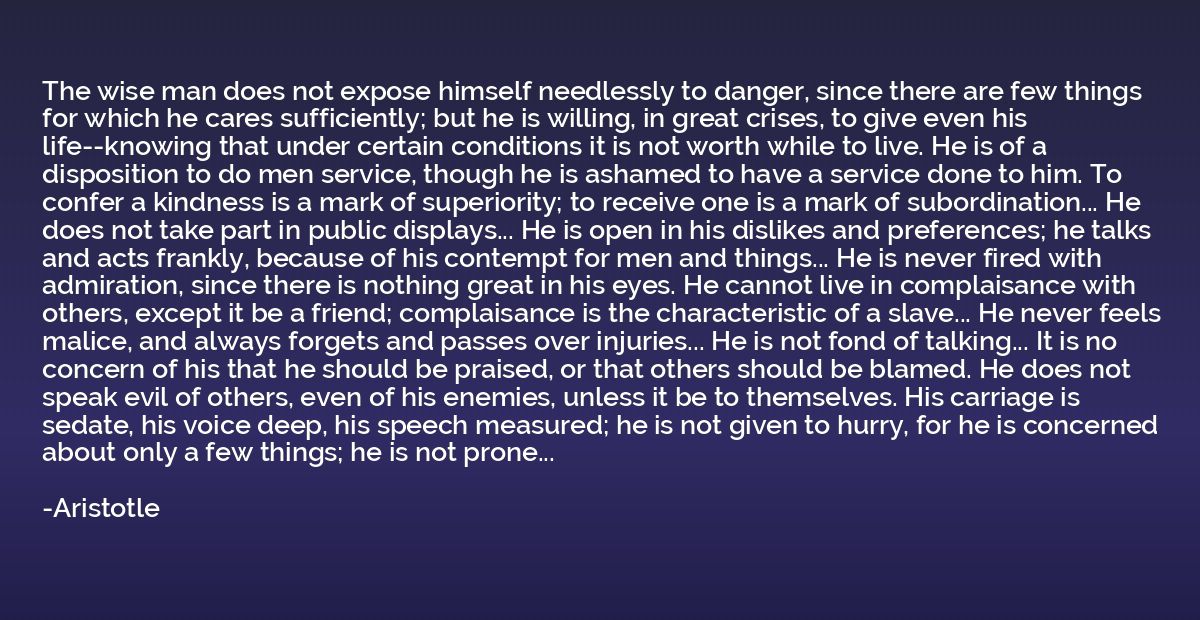Aristotle Quotes
A collection of quotes by Aristotle.
Aristotle (384 - 322 BCE) was a Greek philosopher and polymath who made significant contributions to nearly every field of knowledge in his time. He was born in Stagira, a small town in northern Greece, and at the age of seventeen, he joined the Academy of Plato in Athens. Aristotle became a prominent student of Plato and remained at the Academy for nearly twenty years, eventually becoming a teacher himself.
After Plato's death, he left Athens and tutored Alexander the Great, who would later become one of history's most prominent military leaders. Aristotle returned to Athens in 335 BCE and established his own school, known as the Lyceum, where he lectured and conducted research for the next twelve years. His lectures covered a wide range of subjects including philosophy, biology, physics, logic, rhetoric, and politics.
Aristotle's influence on Western thought is immense. His work on logic and reasoning laid the foundation for formal logic, and his philosophical ideas shaped the development of metaphysics, ethics, and political theory. He classified and studied the natural world, making significant contributions to biology and zoology. His writings on rhetoric continue to be studied as the art of effective communication.
Although many of Aristotle's works have been lost, his surviving writings, including his treatises on ethics (Nicomachean Ethics) and politics (Politics), have been tremendously influential and continue to be studied and debated by scholars and philosophers to this day. Aristotle's inquisitive spirit and analytical mind have left an indelible mark on the fields of science, philosophy, and logic, making him one of the most important figures in Western intellectual history.






